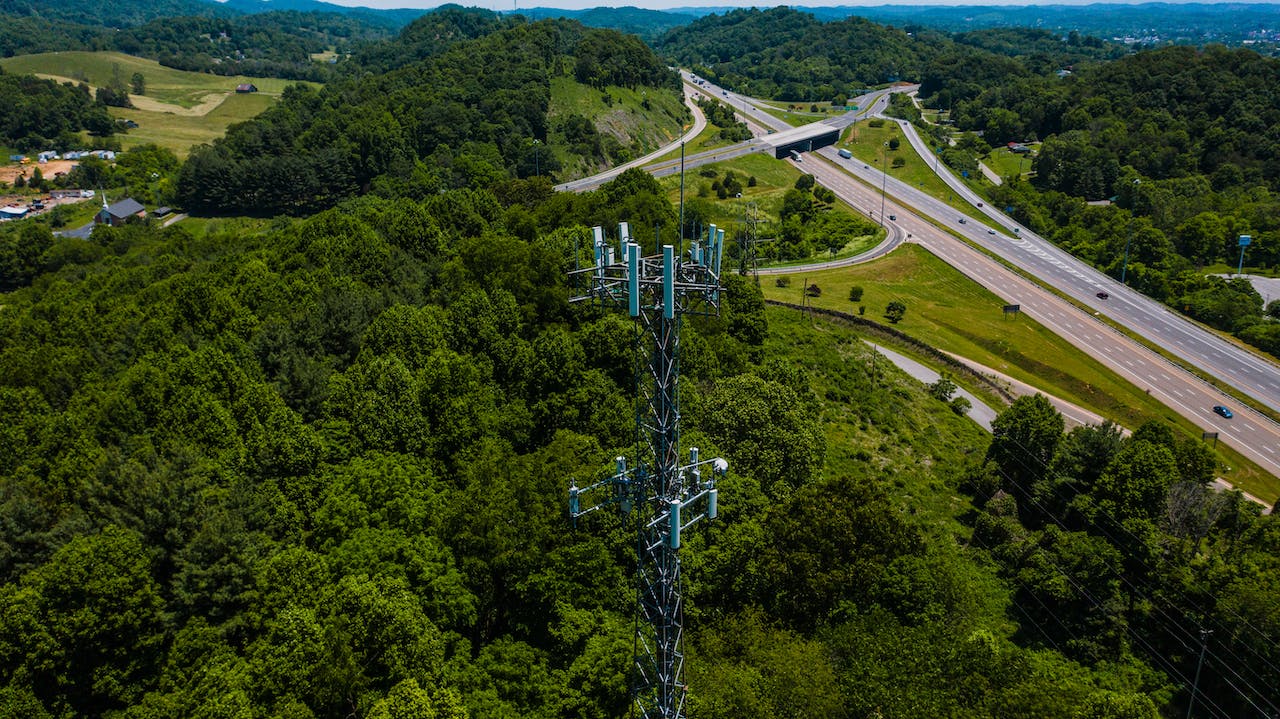By Ralph Gilcrist, FSDAi Advisor and Amos Gachuiri, FSDAi Senior Manager, Investments
Africa has a huge social and green infrastructure deficit. To close this gap, funding shortfalls must be addressed.
FSD Africa Investments (FSDAi), the investment arm of FSD Africa which receives funding from UK’s Foreign, Commonwealth & Development Office (FCDO) , has committed to help establish a pioneering export credit finance fund, Acre Export Finance Fund, specifically for the development of green and social infrastructure in Africa. Acre Impact Capital is a newly established fund manager raising a US$300 million fund to invest in climate-aligned essential infrastructure in Africa alongside various export credit agencies (“ECAs”). In doing so, it aims to prove the case for a new investment asset class on the continent – ECA-backed debt securities as an appropriate high-impact mechanism to deliver financing for the much-needed infrastructure services (e.g. access to water, clean energy, safe and green transportation, etc.). This new asset class will give impetus to Africa’s green aspirations by diversifying financing sources towards Africa’s infrastructure financing demands.
In the world’s more developed economies and increasingly in developing economies, ECAs provide financial support to exporters from their home countries, usually in the form of financial guarantees. These allow sovereign borrowers to raise long-term loans at favourable rates from banking institutions. But ECAs only guarantee a portion of the total funding requirement (typically 85%), leaving an uncovered funding shortfall required to complete the deal. This is the funding gap that Acre aims to fill. In doing so, Acre will be able to take advantage of the sovereign guarantees offered to the main ECA-backed funding tranche, which have historically low rates of default.
Acre has been involved in recent ECA transactions in Africa on an advisory basis, highlighting the kind of deals that it may eventually invest in and in anticipation of the fund’s first closing later this year. One such transaction involved €225m of loans provided to the Ministry of Finance in of a West African country to build three regional hospitals. 85% of the total funding was guaranteed by a European ECA and provided by a European bank to purchase services from an experienced healthcare contractor with long experience of building and running three public hospitals which will add significant capacity to the country’s health infrastructure and provide free health services at the point of use. An African ECA provided guarantees for 85% of the balance, which was funded by local African banks and institutional investors, leaving only €5m as the residual, uncovered portion. This loan was warehoused for Acre by an asset manager and Acre has an option to acquire this portion when the Fund closes later this year.
The Eurobond markets have all but dried up for many emerging market issuers as USD and EUR interest rates have risen which in turn has occasioned a flight to safety. The availability of an ECA-backed funding package means that a creditworthy sovereign borrower (e.g. Cote d’Ivoire, Senegal, Angola) can still fund the purchase of basic infrastructure, underlining a key advantage of ECA financing as counter-cyclical source of financing when capital markets are challenged. In addition, in the example above, the involvement of a locally based ECA and financiers also ensures a substantial level of local procurement and the terms of the funding (15 years for the ECA-backed portion in Euros with solid security) means that this type of funding instrument should appeal to long-term institutional investors, both international and local.
Acre Impact Capital’s Export Finance Fund is anticipated to have substantial developmental impact whilst generating attractive risk adjusted returns to investors. It will enable many worthwhile green and social infrastructure projects to proceed with the availability of financing and go a long way towards demonstrating the attractiveness of ECA-backed debt securities to institutional investors, thereby potentially crowding in private sector investment. FSDAi has invested £10m into the fund thereby encouraging the participation of other strategic and financial investors to reach an anticipated first close of $100m. With enough demonstration effect, Acre’s strategy should spur further interest in ECAs as an attractive source of financing and attract local institutional capital in such future structures and increase the share of infrastructure projects on the continent that tap into ECAs for funding.



